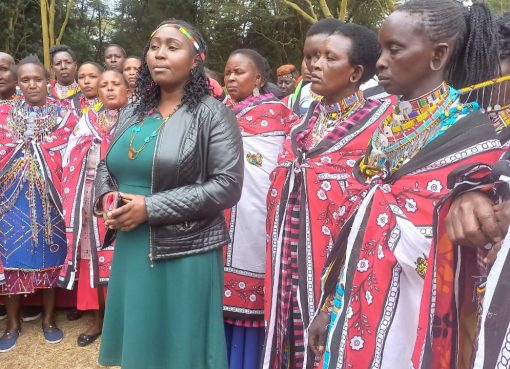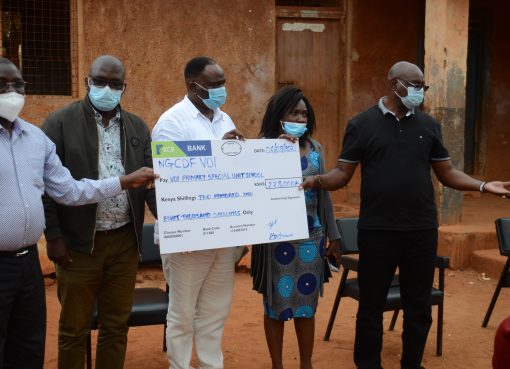The Kenya National Qualifications Authority (KNQA) Acting Director General, Dr. Alice Kande, has said that the implementation of the Recognition of Prior Learning Policy (RPL) will be crucial in addressing the fake and fraudulent academic certificates in the country.
Dr. Kande said the national RPL policy, which is scheduled to be launched in March, will enable all candidates to be certified based on their skills and competencies at all levels of qualifications, as well as see hundreds of candidates graduate from the event.
“The policy will facilitate linkages, credit transfers and exemptions, and vertical and horizontal mobility at all levels of learning to enable entry, re-entry, and exit,” she said.
Dr. Kande was speaking during a planning meeting for the launch of the policy with various stakeholders drawn from the Ministry of Education, the International Labour Organisation, the National Industrial Training Institute, Technical and Vocational Education and Training Authority, among others.
“We strongly believe that we will not see more people using shortcuts to cut certifications, as the RPL policy provides for a clear mechanism on how one can acquire a certificate, be it in the informal or formal sector,” said Dr. Kande.
Participants at the meeting welcomed the approval of the policy and promised to work hard towards its realisation for the benefit of Kenyans.
Last month, the Cabinet, chaired by President William Ruto, approved the RPL Policy, which recognises skills from the informal sector in line with the Bottom Up-Economic Transformation Agenda (BETA), which is geared towards economic turnaround and inclusive growth.
The approval by the Cabinet is a milestone in a process that commenced in 2020. The approval has given the country a functional and credible system for the recognition of knowledge, skills, and competencies that have been acquired through practical work but are not supported by corresponding academic or institutional qualifications.
In a press statement sent to newsrooms, Dr. Kande explained that the policy is the bridge to facilitate the transition from informality to formality as well as facilitating multi-entry and exit between the education system and the labour market, which she noted will open up a bountiful frontier of new opportunities for the millions of hustlers who are vital in contributing to the country’s economy.
“This will enable our skilled, but uncertified youths to be awarded certificates based on individual competencies, expanding their opportunities in employment and advanced learning,’’ she stated.
Dr. Kande further added that the development of the Kenya Credit Accumulation and Transfer (KCAT) system policy in the country, which is at its tail end, will also address the issue of fraudulent certificates in the country.
The Presidential Working Party on Education Reform (PWPER) recommended the implementation of the Recognition of Prior Learning (RPL) policy and Credit Accumulation and Transfer Systems (CATS) in Kenya.
Recognition of Prior Learning (RPL), is the process used to identify, assess, and certify an individual’s knowledge, skills, and competencies against prescribed standards or learning outcomes, regardless of when, where, and how they were acquired.
A report by the Public Service Commission (PSC), indicates that more than 2,000 public servants have forged academic and professional qualifications, with the most affected being the Ministry of Interior and National Administration, Geothermal Power Station, Kenyatta National Hospital, and Moi Teaching and Referral Hospital.
By Bernadette Khaduli




